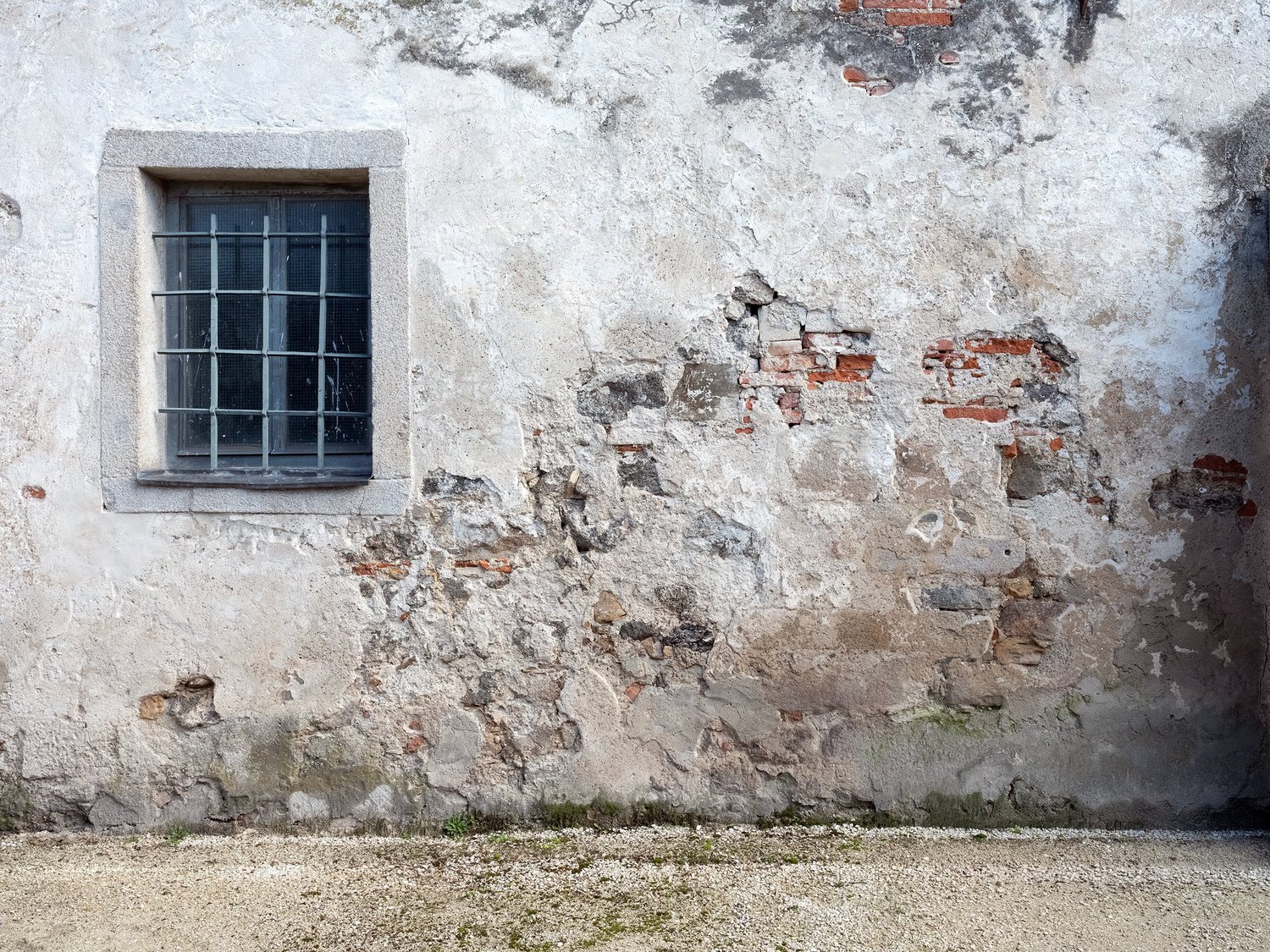A Dark Road Without Horizon
1939-1945, The National Socialist government, under the leadership of Adolf Hitler, was responsible for the murder of between 200,000 and 300,000 Disabled German citizens. Referring to its administrative address at 4 Tiergartenstrasse, Berlin, the code name given to the program was Aktion T4.
Through a committed propaganda campaign, the National Socialists intended to demonise and marginalise the disabled population. Materials were produced that measured the victims ‘worth’ against produce and GDP. The disabled community were labelled ‘Useless eaters’ and ‘Life unworthy of life.’
Six locations across Germany and Austria were selected to operate as ‘euthanasia’ facilities, these were Hadamar, Schloss Grafeneck, Schloss Hartheim, Pirna Sonnenstein, Brandenburg and Bernburg. These ‘euthanasia’ sites were the first instances of murder using gas chambers. Other methods of killing employed for Aktion T4 included lethal injection and starvation.
The initial targets of the Aktion T4 program were infants in care facilities; this was quickly expanded to include people of all ages. Disabilities identified for the T4 program ranged from developmental and basic learning difficulties to those suffering from alcoholism and, eventually, included victims of bombing raids and soldiers suffering from post-traumatic stress disorder.
Doctors who worked at the T4 facilities would later go on to work at extermination camps. Notably, this included Dr Horst Schumann, who worked at Schloss Grafeneck and then Pirna Sonnenstein, before moving to work as a camp doctor alongside Josef Mengele at Auschwitz. Most medical staff evaded prosecution until decades later, which often resulted in either short or no custodial sentences at all.
In my role as a post-factum documentarian, I have witnessed the scars of the tragic events of Aktion T4 to raise awareness and create lasting testimony. My presence in the spaces, where such appalling atrocity occurred, has weighed heavily on me since completing this work, I think about it every day. Commemorating so many lives lost, how do we mark them all? These visual records function as catalysts for remembrance and contemplation. The events have passed but they must not be forgotten.
To present this project as definitive would have been wrong; I cannot provide individual testimony from the victims, I can, however, provide my personal testimony to the memory of the victims.
This body of photographic work spans one and a half years of research and travel. It documents and explores each of the six Aktion T4 sites. I have intended to create a lasting photographic record and personal reflection in the form of a diarised account of this important, yet often overlooked, chapter in history.
The final body of work is now held in the London College of Communication Historical Collection and is available to view on request.
Paul Lowe, Professor of Conflict, Peace and the Image at London College of Communication, University of the Arts London opens the A Dark Road Without Horizon project.
Individual site selection gallery links below














